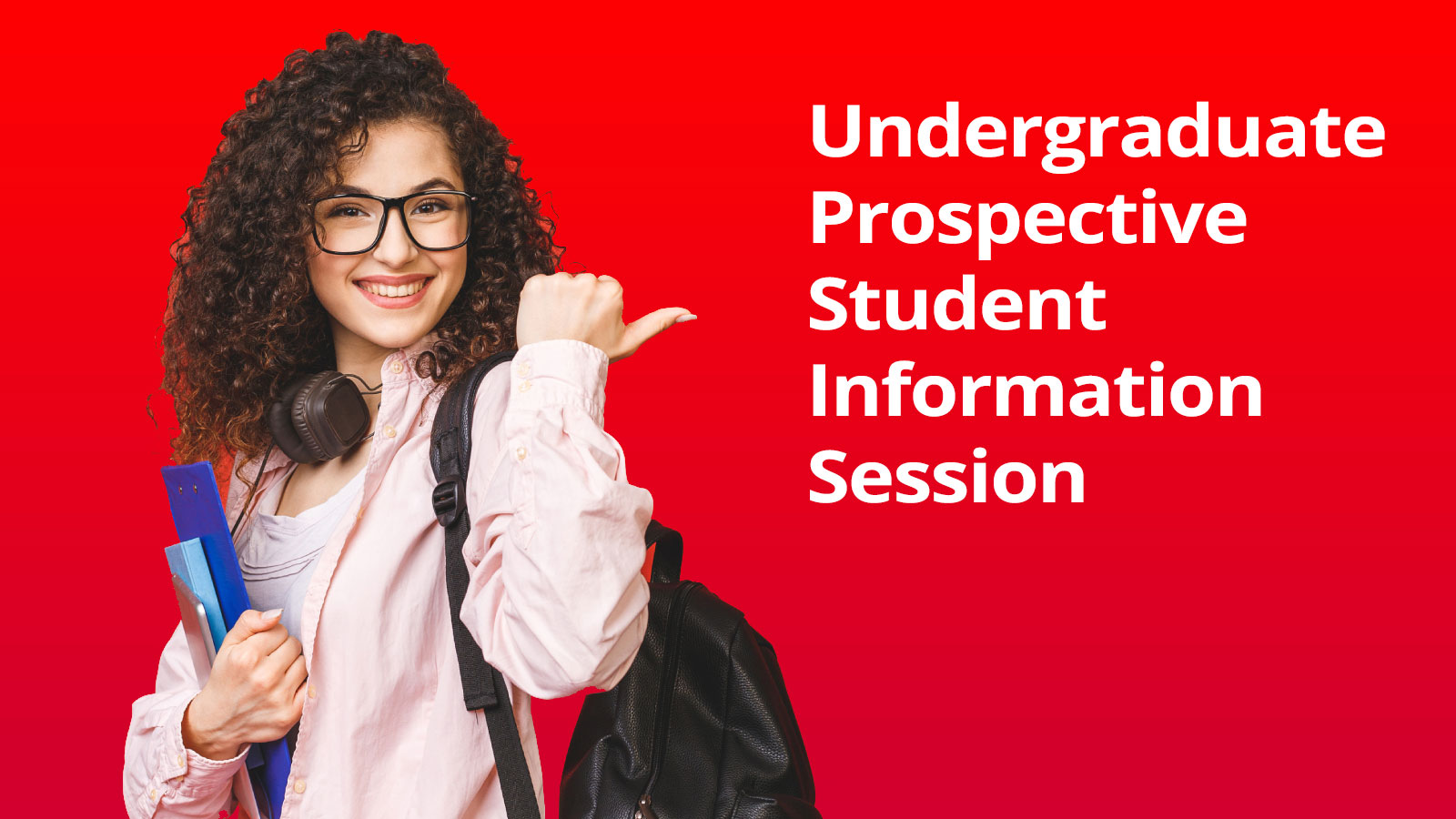First-year MPP graduate student Brianna Keys attended and worked as a student assistant at the APPAM spring 2015 conference, How Policymakers Use APPAM Member Research, on April 11 in Washington, DC. The goal of the spring APPAM conference was to begin a dialogue among academic researchers; policymakers, who create policy; and practitioners, who implement policy in order to advance the exchange of knowledge and information among these sectors, creating better informed policy deliberations. Graduate students in public policy are given the opportunity to write session summaries of the different panels.
To read the summary, and others, on the APPAM site, click the title link below.
Sesssion Summary: Making Public Policy Research Useful and Used: Lessons from Health Services Research and Beyond
Participants:
- Michael Doonan, Massachusetts Health Policy Forum and Brandeis University
- Marsha Gold, Mathematica Policy Research
- Sherry Glied, PhD, New York University
- Michael E. Gluck, MPP, AcademyHealth
- Erin Holve, Academy Health
- Erika Shugart, Erika Shugart Consulting, LLC
Michael Gluck introduced the panel to focus on the topic of introducing “useful and used” research and the potential lessons learned from various experiences.
Marsha Gold began the conversation by discussing the most important aspects of health policy and how it is used. Gold had six main points for developing useful research: First, fact-based/scientific knowledge is only one type of “knowing”. Second, there are many pathways to translating research into policy. Third, relationships and trust matter and they make researchers more effective. Fourth, researchers do not have to do it alone and the use of information intermediaries is highly encouraged. Fifth, findings have to be salient at the time. Finally, researchers must distill the bottom-line message. She also stressed that researchers can do more to police “good” research and help consumers discern the quality of research by being more transparent with their methods and findings.
Erika Shugart addressed the lessons that researchers can learn from science museums on how to engage the public. Shugart explained that we often think of museums as a somewhat static experience, but many seek to establish themselves as vibrant gathering places and to encourage visitor interaction. First, they try to develop a system to support decision-making for public. Here she notes that forums provide structured discussions and interactive activities encourage people to critically engage with topics. Shugart also noted that as museums often encourage participation to make things more personal, so should we encourage public participation in policy research.
Erin Holve discussed the development of eGEMS (Generating Evidence and Methods to improve patient outcomes), a peer-reviewed e-journal launched in 2013, and the difficulties faced in finding and publishing high-quality research. eGEMS was developed specifically to address governance and trust issues and to increase transparency regarding the informatics and methods in research utilizing electronic health data. eGEMS has three criteria for evaluations on research and publications: usefulness, credibility, and innovation. Holve noted that it is often difficult to get researchers and authors to address the why behind their research, not just the how. In the past year, the journal has published 100 papers with an average of 500 downloads per paper.
Sherry Glied addressed the variation in how academics value research. She began by noting that there is, and arguably should be, a difference between contract research and academic research. However, she asserts that the academy should consider and more greatly value the impact and relevance of an academic’s research. The challenge is that there are so few points of inflection in a professor’s career and therefore limited opportunity for influence. Glied suggests that provosts as well as promotion and tenure committees should be educated to consider the nature of research. Professors should be encouraged to take leaves of absence for public service and allow the “clock to stop” on their promotion reviews. Further, Glied noted the value of letter writers, who are able to translate academic research to the public for greater applicability.
Michael Doonan focused on the inadequacy of a “one and done” approach to forums dedicated toward a specific policy issue. He encourages sustained contact between researchers and policy makers through a series of forums each with an individualized focus from addressing the theory to discussing evidence-based practices and finally dedicating meetings to follow-up to improve policies. Doonan stresses the importance of a comprehensive media strategy to engage the public and special legislative briefs to engage policymakers. A key to success is to “get the media buzz going” about the forums: people will come and high-profile participants can greatly help facilitate discussions.



